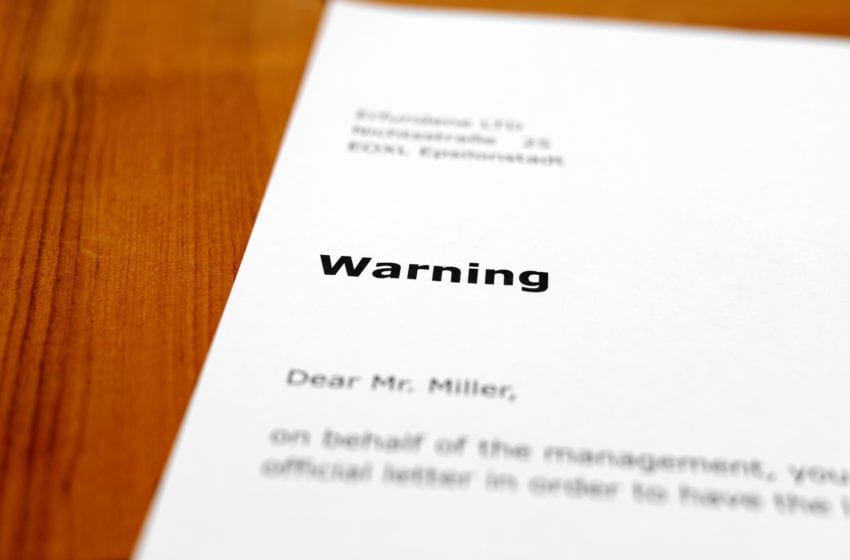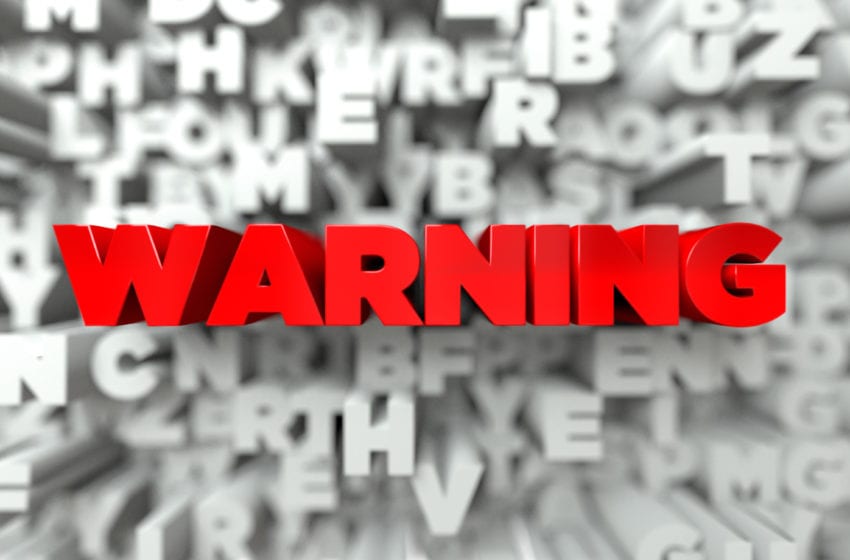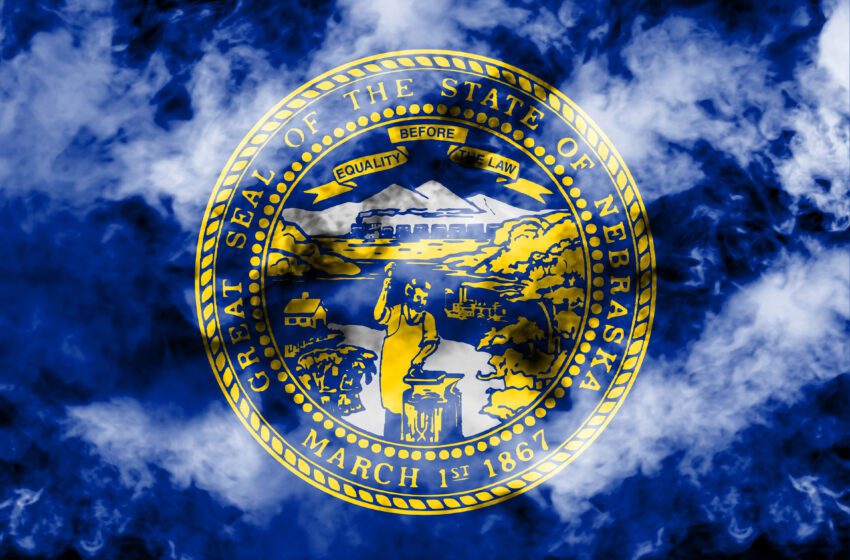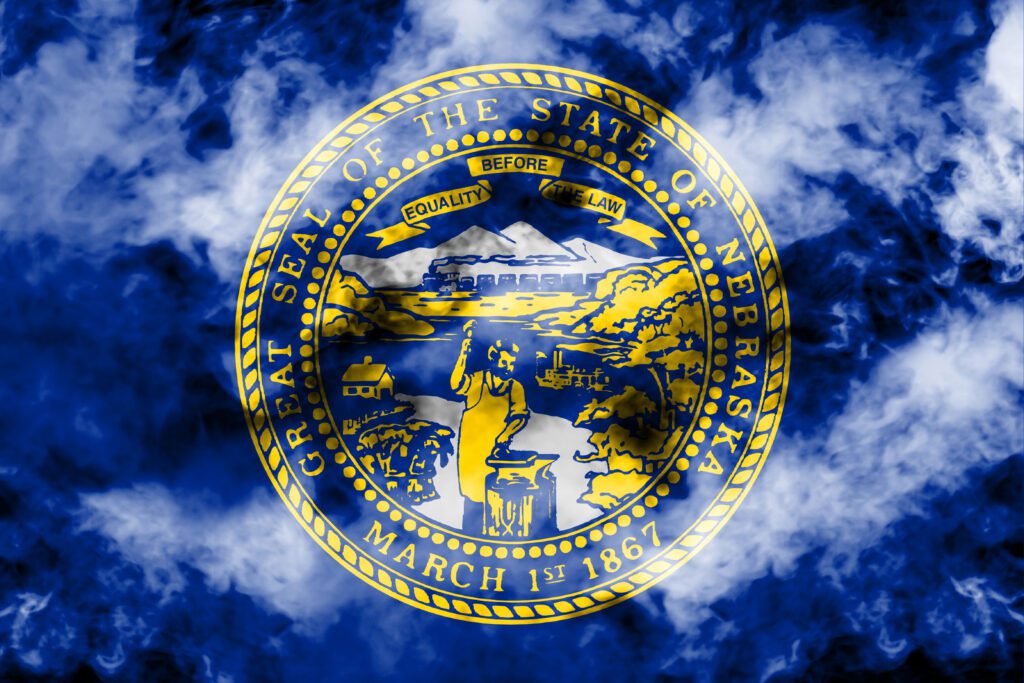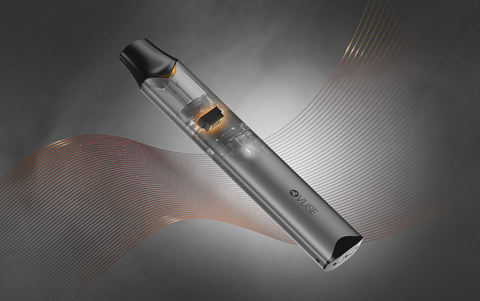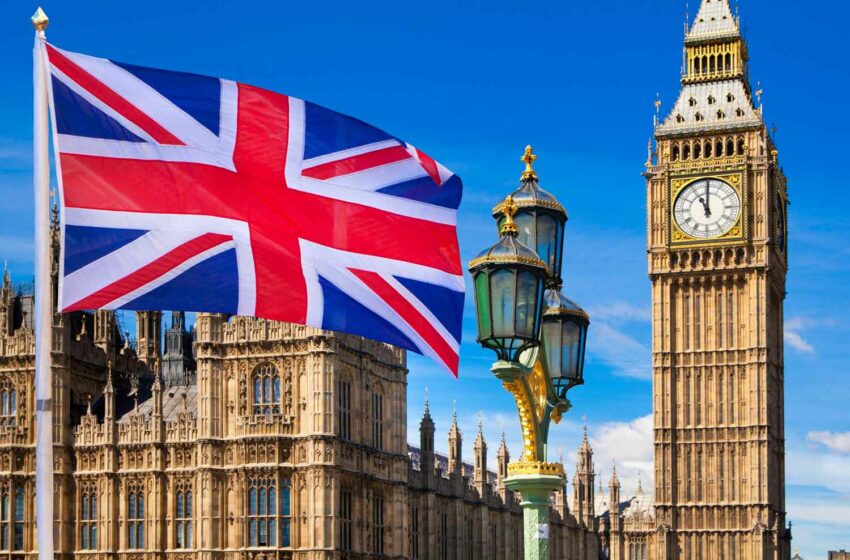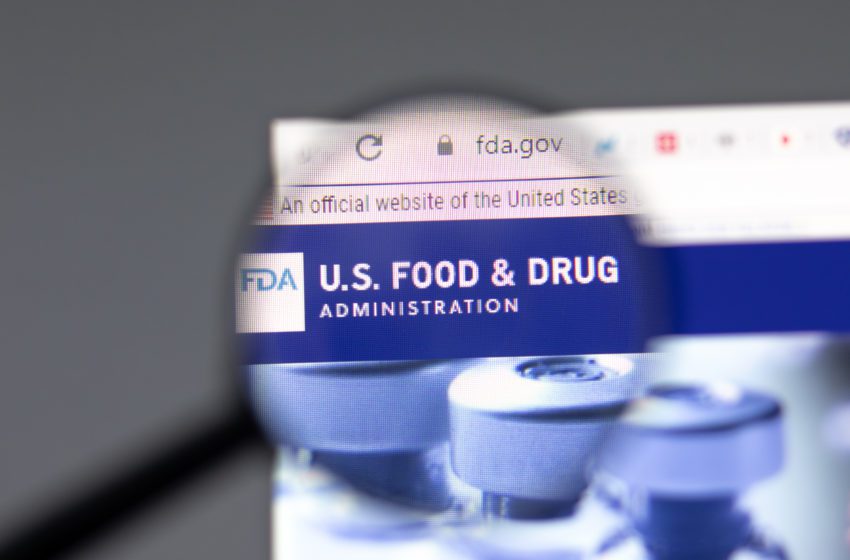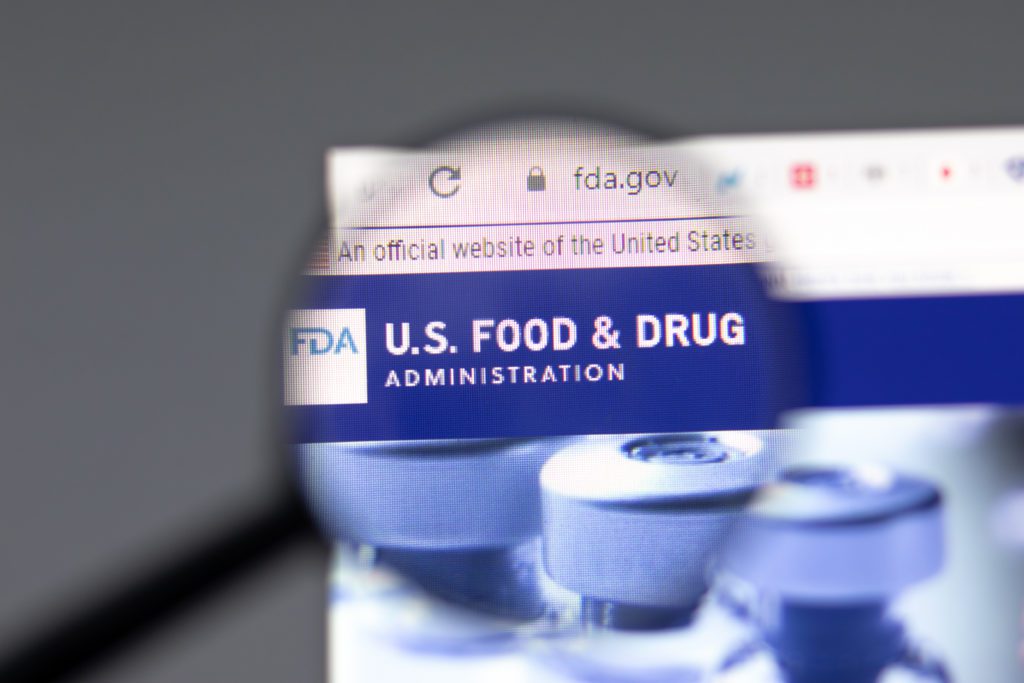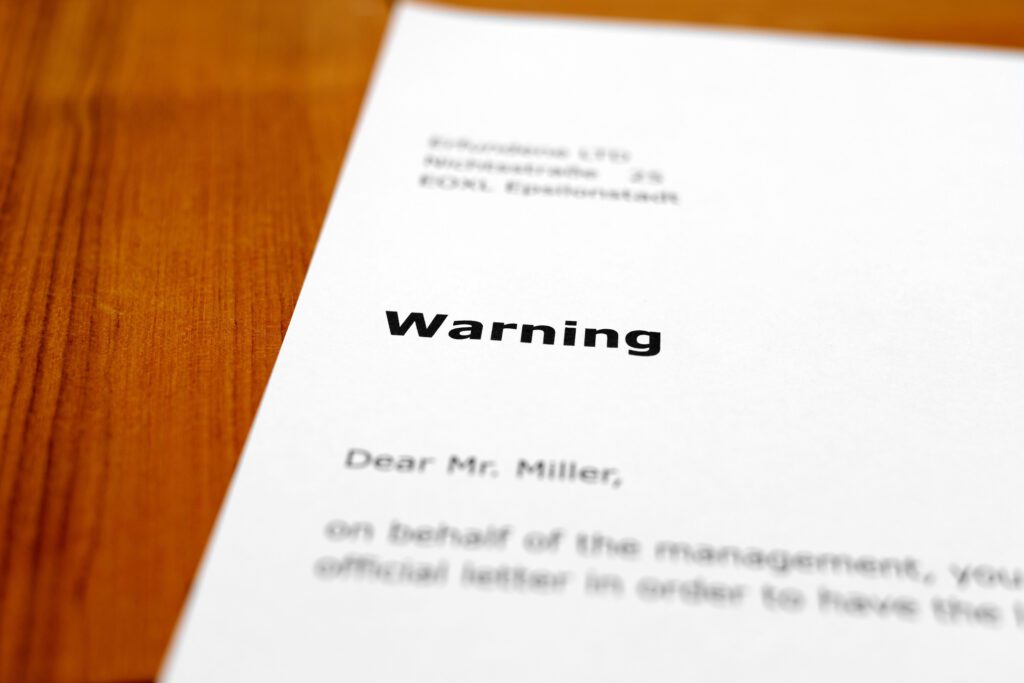
The U.S. Food and Drug Administration has again issued warning letters to five online retailers for selling unauthorized disposable e-cigarette products marketed under the brand names Geek Bar, Lost Mary, and Bang. It’s the second wave of warning letters issued in July.
The retailers included Smoke and Vape Company, LLC d/b/a Smoke and Vape Co.; Smoking Vibes LLC d/b/a Smoking Vibes; Cavalry Industries d/b/a Select Vape; HTXW LLC d/b/a FOMO Culture; and Global Supply Allies Inc. d/b/a Vapor Grab.
These warning letters were a result of FDA’s ongoing monitoring of multiple surveillance systems, including a review of various data, to identify emerging products of particular concern that are popular among youth or have youth appeal, according to an agency press release. For example, emerging data showed that Geek Bar – a Chinese-owned and manufactured brand – has recently seen an uptick in sales and can appeal to youth.
Warning letter recipients are given 15 working days to respond with the steps they will take to address the violation(s) cited in the warning letter and to prevent future violations. Failure to promptly address the violations can result in additional FDA actions such as an injunction, seizure, and/or civil money penalties.
FDA holds retailers accountable for selling unauthorized tobacco products, particularly those popular with youth. To date, FDA has issued over 680 warning letters to firms for manufacturing, selling, and/or distributing unauthorized new tobacco products, issued more than 690 warning letters to retailers for the sale of unauthorized tobacco products, and filed civil money penalty complaints against 64 manufacturers and more than 140 retailers for distribution and/or sale of unauthorized tobacco products.
As of August 1, 2024, the FDA has authorized 34 e-cigarette products and devices. The agency maintains a printable one-page flyer of all authorized e-cigarette products that retailers can easily consult to determine which products can be lawfully marketed and sold in the U.S. Entities manufacturing, importing, selling, or distributing e-cigarettes without the required premarket authorization risk enforcement.

